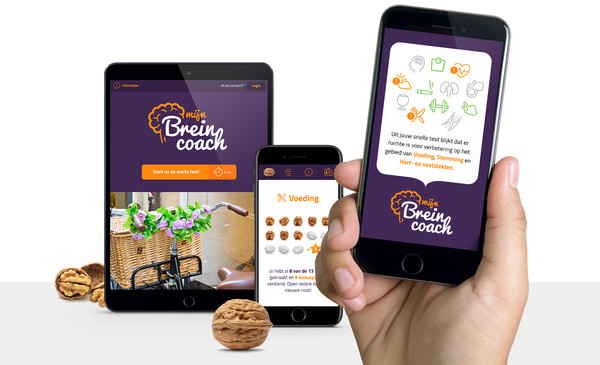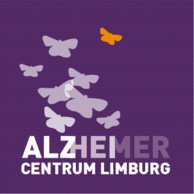A mobile application to lower dementia risk through healthy lifestyle
Dementia is a global public health problem given its rise in the number of people affected and associated health care costs. Since there is currently no cure for dementia, prevention of dementia is receiving more attention over the last few years. The Alzheimer Centre Limburg at the Maastricht University Medical Centre and the software company Sananet B.V. worked together to develop a mobile application to lower dementia risk and promote a brain-healthy lifestyle.
Worldwide, 50 million people currently live with dementia and this number is expected to have tripled by 2050. While no cure is available, research has shown that a healthy lifestyle may lower an individual’s dementia risk. The majority of people are however unaware that health and lifestyle adaptations might help to reduce the risk for dementia, and hence might not consider living a more brain-healthy life.
The current project therefore had a number of goals: (1) to create more public awareness about the relationship between lifestyle and dementia risk; (2) to give people insight in their individualised dementia risk profile; and (3) to raise personal motivation to make healthy and sustainable lifestyle changes. For this, the effects of a mobile application on motivation to make (healthy) lifestyle changes was investigated in 200 individuals aged 40-75 years.
Participants evaluated the app positively. More than 80% said that feel better informed and able to use the given advice. However, use of the app did not lead to an increase in someone’s motivation to change lifestyle. This suggests that the app works well in giving people more knowledge into factors that influence brain health and can be used to support people willing to make lifestyle changes.





